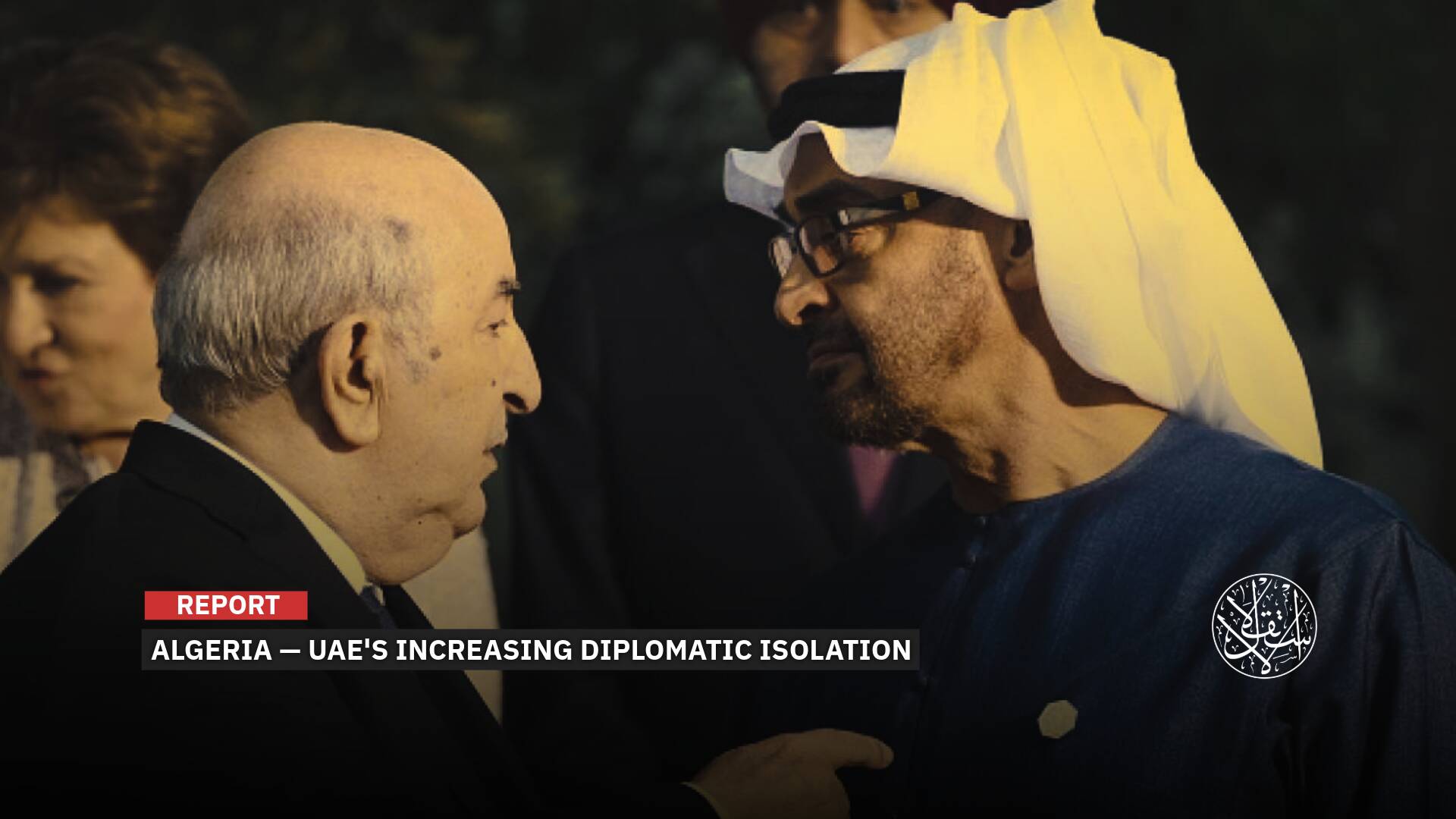The Dreams of Billionaires: This Is What the Rich Did to Discover the Fountain of Youth

Since the dawn of history, the idea of immortality has dominated humans; as many myths have spread across Arab civilizations to Europeans, as well as Chinese, but they all shared one end, which is that the secret of eternal life could not be found.
Nowadays, instead of the fountain of immortality, eyes are turning to biotech companies in Silicon Valley, whose founders claim they can find the secret to a long life spanning hundreds of years or perhaps a solution to slow aging.
Most of the rich people who have a lot of money always go in this direction and try to find a cure for aging, which makes them possess the priceless “Elixir of Life” that will be considered a golden-eggs-laying chicken, among those rich are Larry Page, Jeff Bezos, Larry Ellison, Peter Thiel, and others.
Recently, countries have also begun to engage in this research and fund the biological centers and scientists based on them for the same goal and objective, after old age became a threat to the future of their control, and greed to obtain the power that would make them rule their people for the longest period of time.
Dreams of Billionaires
In recent years, at least twenty companies have emerged that are working to develop drugs or genetic research that can slow down, or in some cases reverse the age of the body's organs, and instead of aging and collapsing, the cells of those organs rejuvenate and repair themselves, and perhaps one day they can rejuvenate the entire body.
Some of these companies have aroused the interest and money of billionaires who have been attracted by the promise of eternal life and their desire for the possibility of money to be made in this promising field, and have already allocated part of their fortunes to invest in these companies and fund their research.
Jeff Bezos, the world's second-richest man, has invested in a company called Altos Labs, the anti-aging startup seeking biological reprogramming technology, which is also financially backed by Yuri Milner, who made a fortune when he invested in Facebook, at the start of the platform launch.
Elsewhere, Larry Ellison, co-founder of Oracle, has donated more than $370 million to research on aging and age-related diseases.
As well as, Google Founders, Sergey Brin and Larry Page, helped pledge $1 billion to support Calico's anti-aging research lab.
In turn, Peter Thiel, co-founder of PayPal, donated $3.5 million to support life extension research, then raised his investment to $7 million by 2017.
Future Threats
MIT Technology Review reported on June 07, 2022, that “the Saudi royal family plans to spend a billion dollars annually to support the research of a non-profit organization, called the Hevolution Foundation, on slowing aging and finding ways to increase the number of years people live in good health.”
According to the report, Saudi Crown Prince Mohammed bin Salman is currently the most prominent member of the royal family and is the de facto ruler of the kingdom, where his father, King Salman, 86, is nominally in power.
“This amount makes Saudi Arabia the largest single sponsor of researchers trying to understand the reasons behind aging, and seek to produce treatments to slow it down,” the report stated.
“The Saudi government may be motivated in part by the belief that the disease of aging poses a specific threat to that country's future,” it noted.
“There is evidence that people living in the Gulf states are aging biologically faster than they are in chronology,” the report said.
“Basically, the country suffers from diseases of abundance caused by high-fat diets and too little exercise,” it added.
The report indicated that “although the residents of Saudi Arabia are relatively young, with an average age of about 31 years, it is witnessing increasing rates of obesity and diabetes.”
Saudi Arabia ranks seventh in the world in terms of the incidence of diabetes. According to the World Health Organization, about 7 million residents of Saudi Arabia have diabetes and about 3 million suffer from its precursors.
A study conducted in 2021 by BMC Geriatrics journal also revealed that the aging population in Saudi Arabia will increase significantly during the next few decades.
As the residents of the Gulf state suffer from high rates of physical weakness or physiological deterioration.
It is noteworthy that compared to the huge amount that Saudi Arabia will pay, the US National Institute on Aging division, which supports basic research in the biology of aging, spends about $325 million a year.
The term Gerontology was popularized by Felipe Sierra, former chief of the division of gerontology at the US National Institutes of Health, who was recently appointed to be Hevolution's chief scientific officer.
According to the report, Hevolution was approved by royal order in December 2018, and its head is the Saudi Crown Prince and the de facto ruler, Mohammed bin Salman.
According to the MIT Technology Review report, “the timing of the royal decree indicates that the project may exist in part to polish the reputation of Saudi Arabia and Mohammed bin Salman.”
It is noteworthy that the reputation of the crown prince had greatly worsened after October 2018, due to the assassination of the Saudi writer and journalist in the Washington Post Jamal Khashoggi at the hands of an assassination squad that the US says acted on the orders of Mohammed bin Salman.
Secrets of Aging
Advocates of immortality such as Dr. Aubrey de Gray see that aging is not part of life, but merely a disease whose essence is to cause damage to the body, and it is a process that continues throughout life.
With this problem in mind, scientists are now trying to uncover the complex causes of aging in order to find ways to slow, stop or even reverse the process.
For example, Dr. Steve Horvath, a biostatistician at the University of California, USA, outlined the role that biological processes within cells, known as methylation, play in aging.
Compare the age of different mammals, where patterns of methylation play an important role in determining how animals age quickly, slowly, or in some rare cases, not age at all, and this method, known as the Horvath clock is currently used to try to uncover the secrets of aging.
“Every species has a maximum lifespan, and the great promise here is that maybe by modifying the aging state in our DNA, maybe we can then influence the lifespan of our species, and maybe we can extend it to 130 or 150 years,” says Dr. Horvath.
This possibility inspired research by Australian biologist David Sinclair, who now co-directs a lab at Harvard Medical School and has become a world leader in life-extension research, and says he is trying to change the clock and see what happens.
In a study published in December 2020, David Sinclair experimented with blind elderly mice and attempted to reverse the aging process and repair the mice's cells to rejuvenate.
Indeed, scientists were able to reverse the aging process in the eyes of mice, Professor Sinclair discovered that the age of the eye decreased, and mice regained their vision.
Professor Sinclair also suggested that this type of gene grafting could also work in humans.
Conversely, other companies are focusing on Telomeres as a key to stopping aging, which are the caps at the end of each strand of DNA.
Telomeres get shorter each time the cell copies itself because our cells make copies of themselves throughout our lives, our telomeres eventually become so short that our cells can't regenerate and we age.
Among the companies competing in this field is BioViva, whose CEO, Elizabeth Parrish, is committed to the cause, so much so that she became one of the first humans to undergo Telomere Therapy in 2015.
Elizabeth also claimed in 2018 that measuring her Telomeres showed that she had growth smaller than normal since she received the treatment and that her body was aging in reverse.
Others claim they can actually prevent aging in animals. George Church, Harvard professor and founder of Rejuvenate Bio, uses Gene Therapy to add anti-aging instructions to DNA.
Professor Church said he had succeeded in getting mice to live twice their lifespan, and announced that the company was planning an imminent test on dogs.
Other scientists, rich and famous are working on a host of other technologies such as Biohacking, whose proponents claim that we can achieve longevity simply by changing our habits, our lifestyle, and some controversial principles to the practice of injecting young blood into the elderly, a process denounced by the US Federal Drug Administration as a fraud and pseudoscience.
The owners of these companies see that they are very close to reaching the secret of a long life, perhaps extending to hundreds of years.
However, some scientists are skeptical, the results are still far from being applicable to humans even in the next 100 years, and the story is about enthusiastic statements by those behind this research and the promises made by such companies.
There are also risks to such treatments and the side effects of some of them, and the questions that are raised about the resources of the earth and the shape of the world if immortality is provided to all human beings, about the possibility of bearing the cost of such treatments for everyone, and whether their efforts will benefit all of humanity or just a few of the wealthy.
Sources
- Saudi Arabia plans to spend $1 billion a year discovering treatments to slow aging
- Meet Altos Labs, Silicon Valley’s latest wild bet on living forever
- Aging clocks aim to predict how long you’ll live
- Prevalence of frailty and associated factors among Saudi community-dwelling older adults [Study]
- The truth behind Silicon Valley’s obsession with immortality
- The 100-year life: how to prolong a healthy mind
- Is the process of ageing inevitable? [Study]
- Infusions of young blood not proven 'safe or effective', US government warns














